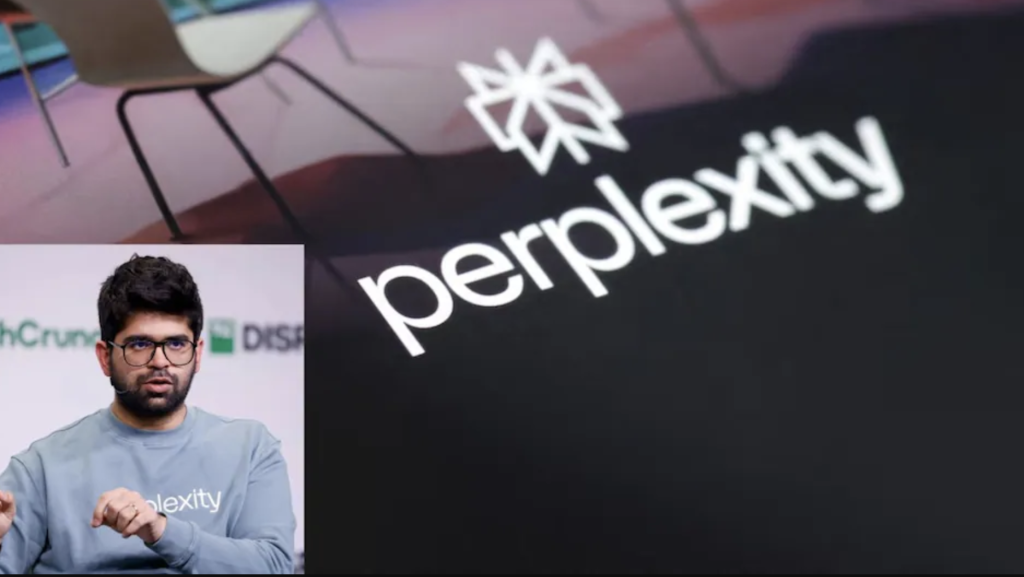Silicon Valley-based AI startup Perplexity has expanded its revenue-sharing programme, promising to compensate publishers when their content is surfaced on the Comet AI browser. The initiative builds on last year’s announcement of rewarding publishers whose content appeared on its AI-driven answer engine platform.

The company has created a $42.5 million fund (roughly Rs. 372.5 crore) to distribute among eligible publishers. This move, Perplexity says, is designed to ensure fair compensation at a time when AI is reshaping how users consume online content.
How the Programme Works
Under the new model, publishers will receive payments if their content is scraped by Comet’s bots, cited in AI-generated responses, or used by the browser’s AI agent to complete tasks. To sustain payouts, Perplexity has introduced Comet Plus, a $5 (approx. Rs. 440) monthly subscription that offers users access to a curated section of partner content.
Aravind Srinivas, Perplexity’s CEO, said, “AI is helping to create a better internet, but publishers still need to get paid. So we think this is the right solution, and we’re happy to make adjustments along the way.”
Publishers and Partnerships
While the company hasn’t revealed participating publishers, it is reportedly in talks with major names including Time and Fortune. Jessica Chan, head of publisher partnerships at Perplexity, described the traditional traffic-driven model as “old,” stressing the need for a new standard of compensation in the digital era.
Legal Challenges in Japan
The expansion comes against the backdrop of a major legal challenge. Two of Japan’s leading newspapers, Asahi Shimbun and Nikkei, have filed a lawsuit against Perplexity in the Tokyo District Court. The publishers allege copyright infringement, seeking an injunction to stop article reproduction and JPY 2.2 billion (Rs. 130.5 crore) in damages from each outlet.
What It Means
Perplexity’s move signals a potential shift in how AI companies and publishers collaborate, moving beyond clicks and ad revenue to direct compensation. However, ongoing legal disputes highlight the fragile balance between AI innovation and intellectual property rights, a debate likely to intensify in the coming years.

